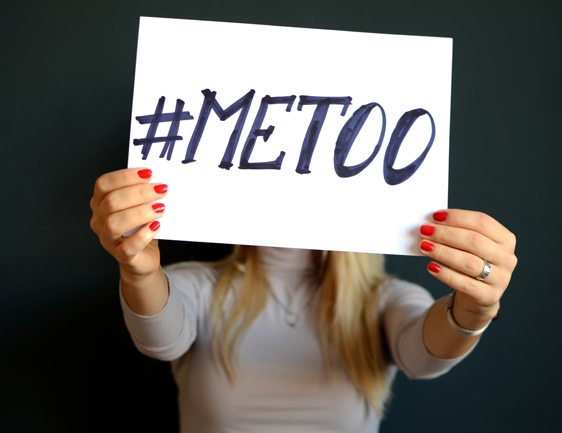Since the beginning of the year, the #MeToo campaign and increasing focus on sexual harassment in the workplace has revealed worrying details about employers’ use of non-disclosure agreements, or NDAs, to prevent harassment being reported. Contributor Kate Palmer, Associate Director of Advice – Peninsula.
Previous cases have included waitresses at the Presidents Club dinner having to sign agreements before commencing duties, and Harvey Weinstein’s former aide being silenced by an NDA. The Telegraph is now reporting that a leading businessman, who is alleged to have carried out bullying, intimidation and sexual harassment, has used NDAs to prevent claims being brought.
Associate Director of Advice at the Peninsula Group, Kate Palmer comments: “Traditionally, NDAs have been a document used in a commercial manner to protect an organisation’s business interests or trade secrets.
Recently, however, it appears that there is a worrying trend to use these agreements to silence company employees. For employees, there is often an imbalance of power where they may feel that they have to sign a NDA to remain in their employment, or to avoid being subjected to a further detriment.
Following a period of being subjected to sexual harassment, for example, they may already feel that they don’t have a choice, except to sign the agreement. They may also lack understanding of exactly what they are signing and how the, often, highly-legalised wording applies to them.
Legally, NDAs cannot restrict employees, or ex-employees, from making a protected disclosure or ‘blowing the whistle’. In order to avoid breaching the confidentiality agreement, the disclosure will have to meet the requirements of the legislation and be disclosed to specific parties, such as to lawyers when receiving legal advice.
Acts of sexual harassment which are in breach of the Equality Act 2010 can be disclosed in this manner, including past acts or those which are currently ongoing. The difficulty for many individuals who have signed these agreements, however, is that they often do not understand that they have not contracted out of the right to blow the whistle.
They may fear the company suing them or any future reprisals for breaching the agreement, such as being dismissed if are still employed. In the current environment, it is clear that employers should be focused on taking proactive action to prevent sexual harassment occurring within their workplace, rather than reactively attempting to silence those who have suffered this at work.
Not only will this create a positive and respectful working environment where employees are motivated and productive, it reduces the possibility of facing a tribunal claim on this matter or having negative press coverage where they have attempted to silence their workers.









